
If you’ve ever experienced a concussion or know someone who has, you understand how this type of injury can disrupt daily life. A concussion is a mild traumatic brain injury caused by a blow to the head or a sudden jolt, which can affect brain function temporarily. While most concussions are not life-threatening, they can lead to serious complications if left untreated or if repeated injuries occur.
Concussions can happen to anyone, whether from a sports injury, a fall, or a car accident. Recognizing the symptoms and understanding the causes are crucial for proper treatment and recovery. In this blog, we’ll explore everything you need to know about concussions, from identifying their signs to effective treatment options and prevention strategies. Let’s dive in and learn how to protect your brain health!
What is a Concussion?
A concussion is a mild traumatic brain injury that happens when a blow or jolt to the head causes the brain to rush inside the skull, temporarily affecting brain function. They often occur due to falls, car accidents, or sports injuries. People who play contact sports may have a higher risk of getting a concussion.
Most concussions are not life-threatening, but they can have serious long-term effects if they are not treated correctly or if multiple concussions occur over time. You must visit a healthcare provider if you experience symptoms like headache, confusion, dizziness, or memory loss after a head injury.
Numerous types of brain injuries exist, but concussions are generally classified by their severity and the symptoms they cause, such as those affecting balance, memory, or concentration.
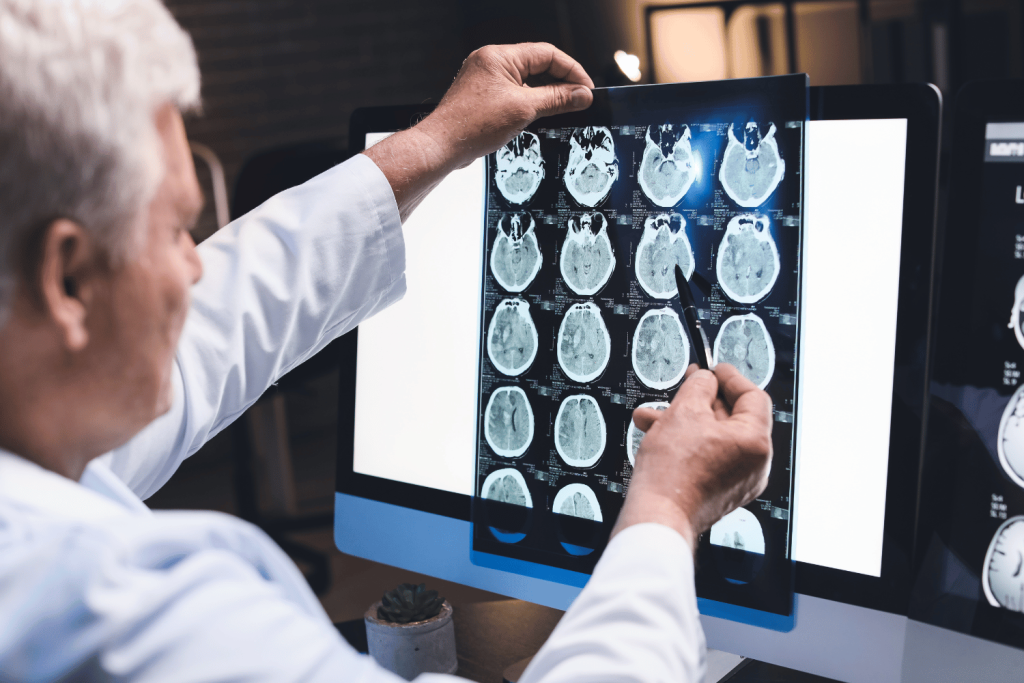
What is a Concussion?
6 Common Causes of Concussions
- Sports Injuries: In contact sports like football or hockey, a direct blow to the head from another player, the ground, or equipment can cause a concussion, especially when the impact is sudden and forceful.
- Falls from a height, such as off a ladder, or slips and falls that hit your head can cause a hard impact to the skull, which might lead to a concussion from the sudden force.
- Car Accidents: In car accidents, sudden speed changes can slam the head against a window or the steering wheel. This whiplash effect can cause the brain to jolt, even without direct impact, leading to a concussion.
- Physical Assaults: During a physical altercation, a punch or strike to the head can deliver enough force to cause a concussion. This occurs when the blow is significant enough to shake the brain inside the skull.
- Bicycle or Motorcycle Accidents: In a bicycle or motorcycle crash, a fall can cause the head to strike the pavement or another object. A concussion can result, especially if a helmet is not worn to absorb the impact.
- Explosions or Blasts: In military settings, the shockwave from an explosion can pass through the brain, causing it to shake violently. This can lead to a concussion without any direct blow to the head.
How Do You Identify a Concussion?
A concussion can cause a range of symptoms and may require medical attention. That is why you should look out for signs and symptoms of a head injury. The most common concussion symptoms include:
Headache or Pressure in the Head
One of the most noticeable symptoms of a concussion is a persistent headache or a feeling of pressure in the head. The pain may worsen with mental or physical activity and can feel different from a typical headache.
Confusion or Feeling Dazed
After a head injury, you may feel confused, disoriented, or dazed. This can include difficulty understanding what is happening or responding slowly to questions, and it may last for a short or extended period.
Dizziness or Balance Issues
A concussion can disrupt your sense of balance, making you feel dizzy, unsteady, or as if the room is spinning. This happens because the injury can affect the brain's ability to process spatial information.
Nausea or Vomiting
Feeling nauseous or vomiting can occur shortly after the head injury. This symptom arises from the brain's reaction to the trauma and can be a sign that the concussion is more significant.
Sensitivity to Light or Noise
A person with a concussion may find bright lights or loud noises overwhelming and uncomfortable. This increased sensitivity occurs because the brain is having trouble processing sensory information.
Memory Problems or Difficulty Concentrating
Concussions often cause cognitive issues, such as difficulty remembering events before or after the injury, or trouble focusing on tasks. This "brain fog" can interfere with daily activities.
Loss of Consciousness
While not always present, losing consciousness, even briefly, can be a sign of a more severe concussion. Any loss of consciousness after a head injury requires immediate medical evaluation.
What Complications Are Associated With Concussions?
- Post-Concussion Syndrome: This condition occurs when symptoms like headaches, dizziness, and thinking problems persist for weeks or months after the injury. It can interfere with daily activities and quality of life.
- Second Impact Syndrome: If a second concussion occurs before the first one has fully healed, it can lead to a rare but life-threatening condition called second impact syndrome. This causes rapid and severe brain swelling.
- Cognitive Impairment: A concussion can lead to long-term difficulties with memory, concentration, and reasoning. These mental issues can affect performance at school, work, and in social situations.
- Emotional Changes: After a concussion, some people experience emotional shifts, including increased irritability, anxiety, depression, or mood swings. These changes can be challenging for both the individual and their family.
- Sleep Disturbances: Concussions often disrupt sleep patterns. This can include difficulty falling asleep, staying asleep, or sleeping more than usual, which can slow the recovery process.
What Diagnostic Techniques Are Used for Concussions?
A healthcare provider usually diagnoses a concussion through a physical exam and symptom assessment. They might use imaging tests to rule out more serious injuries like bleeding in the brain. These diagnostic techniques include the following:
Medical History and Symptom Assessment
This is the primary way to diagnose a concussion. The doctor will ask about how the injury happened and what symptoms are being experienced. This evaluation helps determine the severity of the concussion and guides the next steps in diagnosis and treatment.
Neurological Exam
A neurological exam allows your healthcare provider to check how well your brain is functioning. It involves testing your vision, hearing, balance, strength, and reflexes. This helps determine if the concussion has impacted your nervous system.
Cognitive Testing
Cognitive tests assess your memory, concentration, and problem-solving ability. A healthcare provider might ask you questions or have you complete simple tasks. They conduct these tests to see if the concussion has affected your thinking skills.
Imaging Tests (CT Scan and MRI)
Imaging tests like CT scans or MRIs cannot detect a concussion itself, but they are used to check for other serious issues. A CT scan can quickly identify bleeding or swelling in the brain. An MRI provides more detailed images and can help rule out structural brain injuries.
How Doctors Treat Concussions?
Concussion treatment often depends on the severity of the injury. Your brain needs time to heal. You might need to be monitored closely, especially if you lose consciousness or have severe symptoms. Treatment for most concussions focuses on rest and managing symptoms. Your healthcare provider will tell you how much rest is needed. However, it is usually recommended to get both physical and cognitive rest, which means avoiding strenuous activities and tasks that require intense focus.
You may also be given a plan for a gradual return to your regular routine. This allows your brain to recover without being overwhelmed. You should avoid any activities that put you at risk for another head injury while you are recovering. Additional treatment options for concussions include the following:
Rest and Recovery
The most important treatment for a concussion is physical and mental rest. Your doctor will recommend limiting physical exertion and activities that require a lot of concentration, such as schoolwork, video games, or reading. This "brain rest" helps reduce stress on the brain, allowing it to heal more effectively. You may also need to limit screen time from phones, computers, and television.
Rest and recovery techniques usually include:
- Getting plenty of sleep and taking naps when needed.
- Avoiding sports and other vigorous physical activities.
- Gradually reintroducing mental tasks as symptoms improve.
Symptom Management
This approach is necessary if you are experiencing symptoms like headaches or nausea. This also applies if you have trouble sleeping. Your doctor will recommend ways to manage these symptoms to keep you comfortable during recovery. This usually involves simple at-home care and avoiding anything that worsens your symptoms.
Symptom management may come from a few sources:
- Over-the-counter pain relievers for headaches.
- Prescription medication for persistent nausea or sleep problems.
- Avoiding triggers like bright lights or loud noises.
Recovery Time for Concussions
Healing from a concussion is a process that varies for each person. While most individuals feel better within a couple of weeks, some may find their symptoms persist for longer. The recovery timeline depends heavily on the injury's severity and the person's health.
If you have a mild concussion, you can typically recover at home. For more significant injuries, a doctor might recommend closer observation. Throughout the healing process, it's crucial to follow medical advice and get enough rest to manage your symptoms effectively.
Self-Care for Concussions
Self-care is the most crucial aspect for a quick recovery from a concussion. The following are a few self-care tips for concussions: You should get plenty of rest and avoid physical exertion to allow your brain to heal. Overexertion can worsen symptoms and delay recovery. To reduce eye strain and headaches, limit screen time, including time spent on phones, computers, and televisions. This helps minimize overstimulation. Staying hydrated and eating a balanced diet are essential for recovery—proper nutrition and hydration support overall healing and brain function. Avoid alcohol and caffeine, as these substances can worsen symptoms like headaches, dizziness, and difficulty concentrating. Lastly, follow a gradual return-to-activity plan as advised by your doctor. This ensures you resume normal activities safely and at the right pace. Please note that if you have a concussion, you should not participate in contact sports until cleared by a healthcare professional.Understanding Concussions for a Healthier Life!
A concussion may range from a mild head injury to a more severe condition caused by trauma. The most important thing to do here is to recognize the symptoms and seek prompt medical care. You must contact your healthcare provider about a concussion as soon as you notice any signs, such as headaches, dizziness, or confusion. This also involves taking precautions, such as wearing helmets during sports or biking, to prevent head injuries. You must always approach a healthcare professional for guidance on managing and recovering from concussions. Make sure to educate yourself and others about concussion risks and long-term effects to promote awareness and safety.

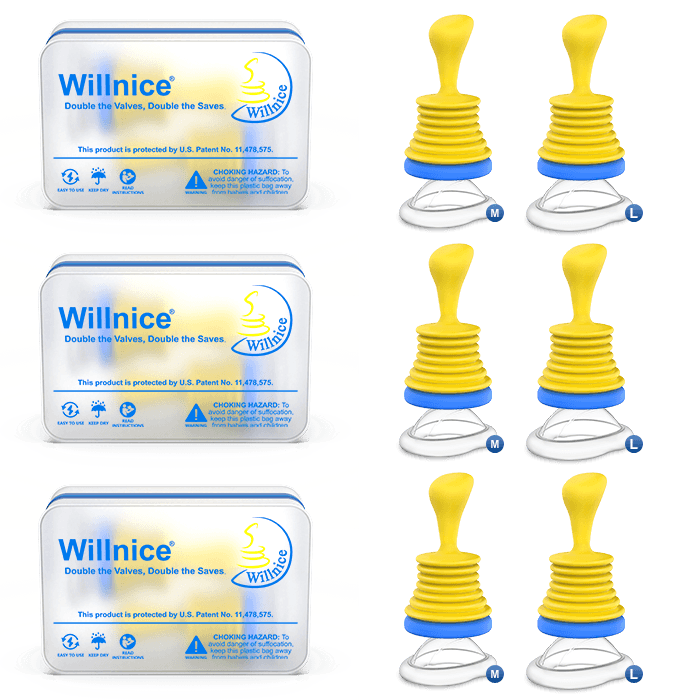
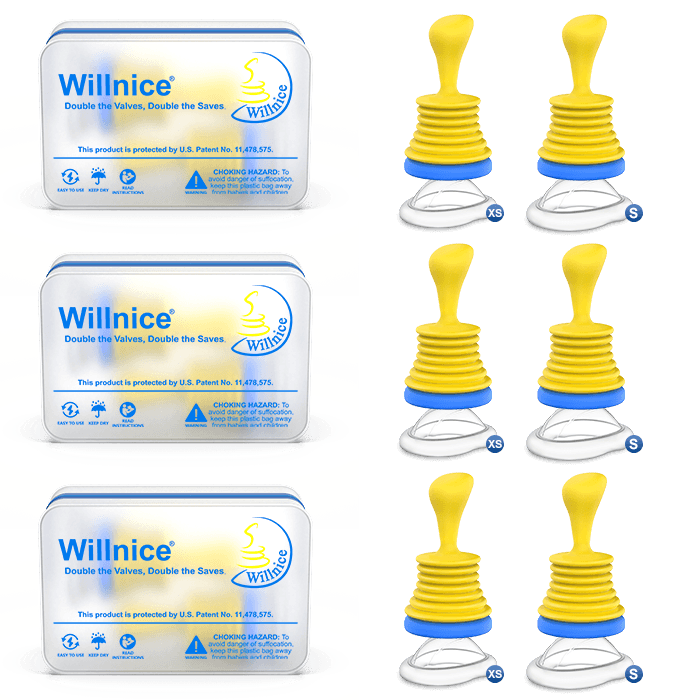
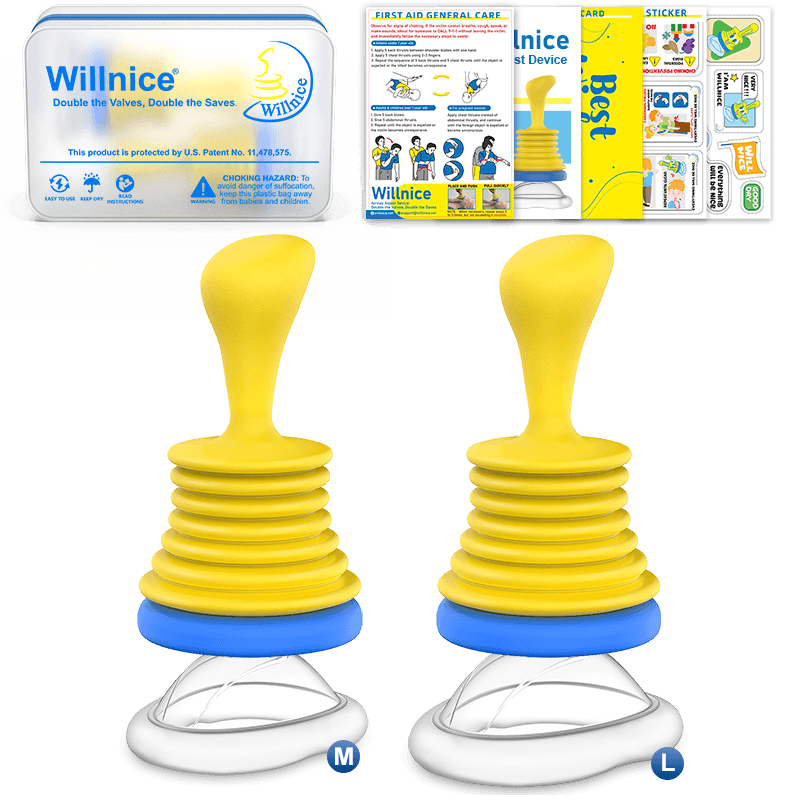
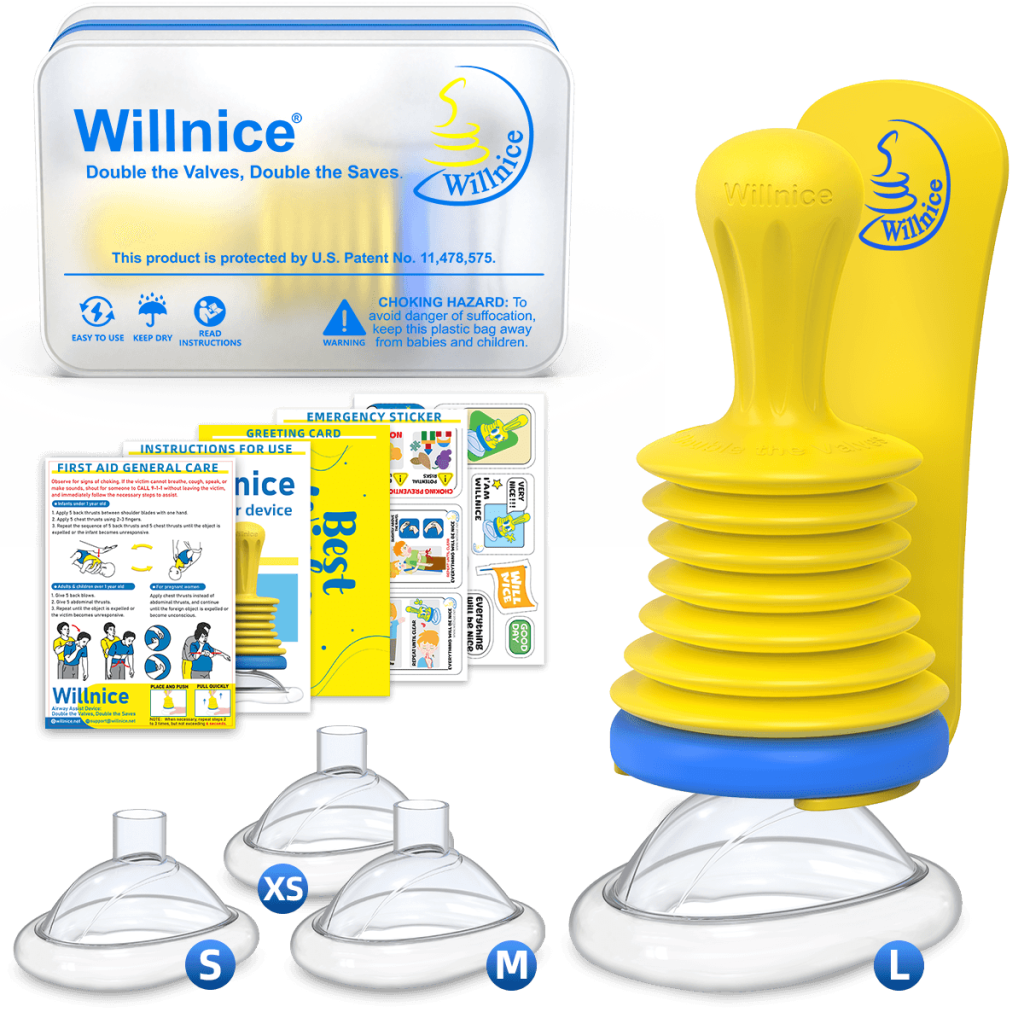


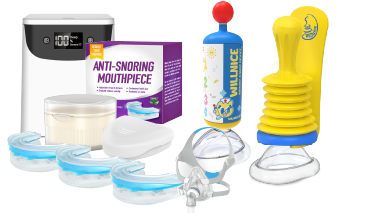
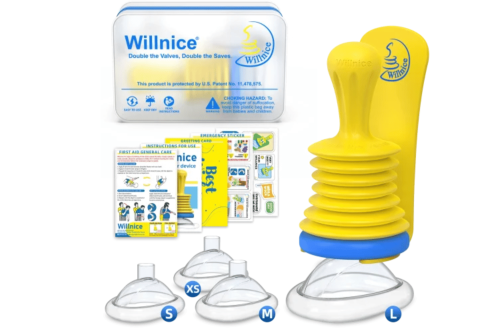





 Login with Google
Login with Google Login with Facebook
Login with Facebook